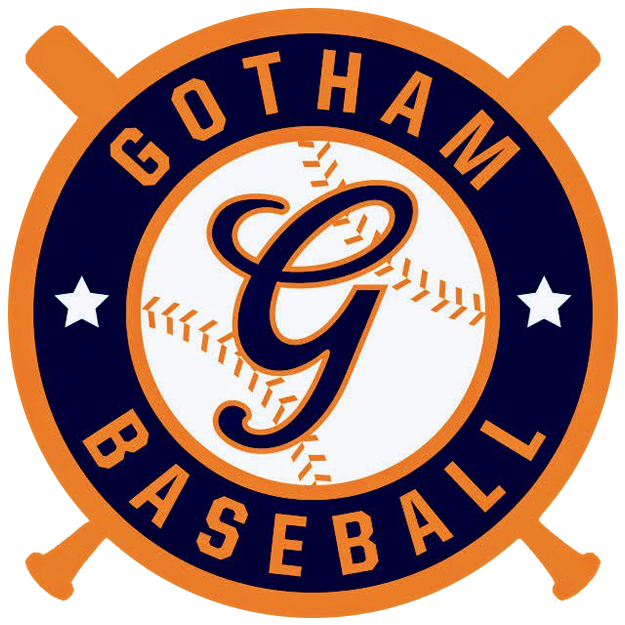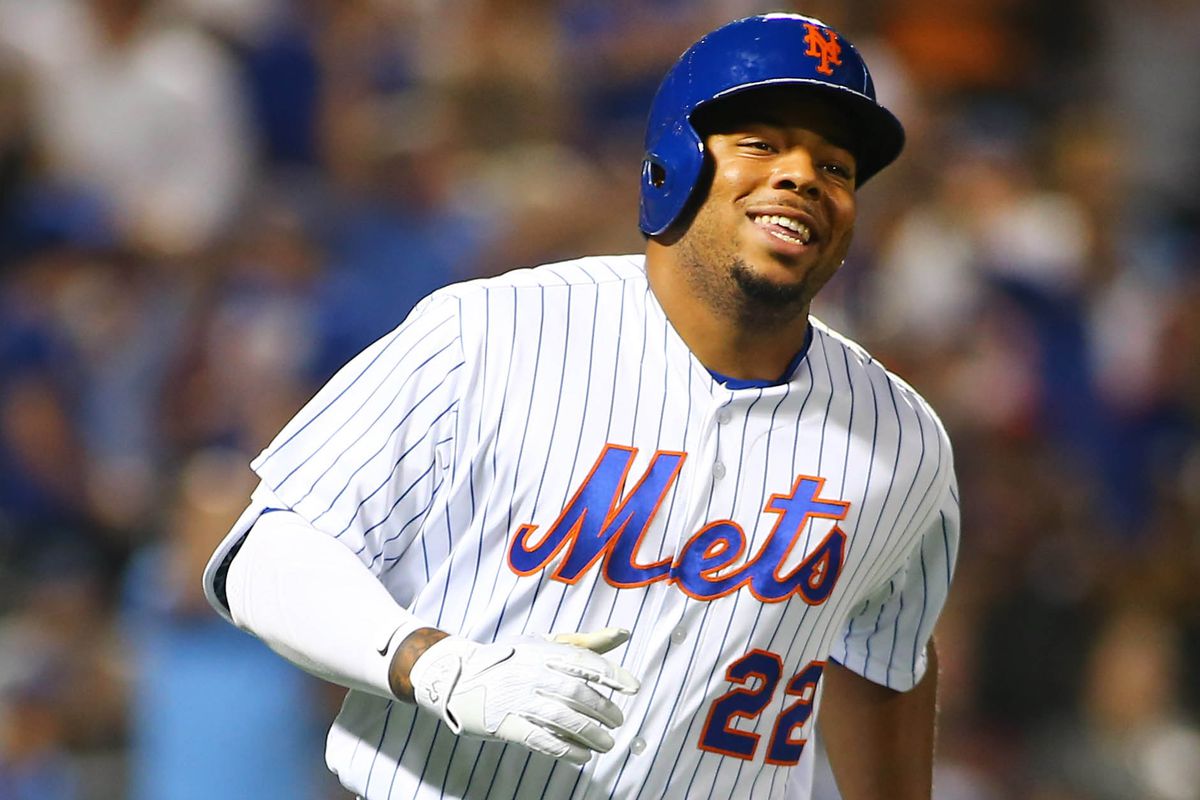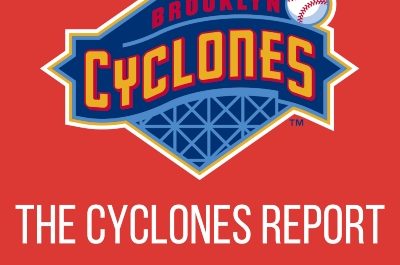These are the times that could make you pinch yourself in desperation if you weren’t painfully aware of how real it all is: a world turned upside down by a pandemic and the steps taken to curb its impact, a sports landscape marred by cancelled games and mask mandates, unprecedented economic anxiety plaguing most families across the land.
It’s fitting then that as many of baseball’s top free agents wait to see where they will be making their living this year, many Americans are focused on grabbing their piece of the pie. When word of investors buying up GameStop stock began to circulate this week, no doubt many wondered what it meant to short a stock, while others happily dove into the frenzy.
What’s resulted now is a sort of us vs. them mentality, a populist struggle centered on Wall Street and the little guy. Rather than muddy a baseball column with numbers that aren’t batting averages, we’ll gloss over the details, but Mets owner Steve Cohen is now part of the news.
Given hedge funds feature prominently in the story, Cohen took to Twitter as a means of pushing back on any claims he was involved in wrongdoing. Cohen has been fairly active on Twitter since buying the team, interacting with fans and asking them for input. That he would chime in on a massive and breaking news story of any kind wouldn’t be noteworthy — but in the grand scheme of Mets fandom, it’s quite significant.
During the most recent time when mark-to-market accounting and over leveraged financial bets dominated the news cycle, the Mets were fresh off their most dominant season since 1986. The Great Recession of 2008 came after two fairly Amazin’ collapses on the field. Furthermore, the Mets previous ownership group was caught up in a Ponzi scheme.
Simply put — the Wilpons and the Mets were almost functionally broke. Sure, the team sold tickets, TV revenue continued, and free agents were signed. It didn’t mean much in the way of wins, or cachet. But there was more than that in terms of how fans were left holding the bag.
When Cohen was taking to Twitter and defending himself, and his profession, he was never more transparent or apparent. He was never so anti-Wilpon.
The typical exposure to ownership for Mets fans would come with a sitdown interview at WFAN once the season had ended. Hosted by Yankees blowhard Mike Francesa, it hardly came off as anything more than a mea culpa mixed with a scolding and slice of embarrassment.
The lack of transparency, feeling, and connection between the Mets front office and its rabid fan base was always so wrong and so inappropriate under the Wilpons. New Yorkers talk, they scream, they stamp their feet and yell, but ultimately they don’t back down. Friends might get into each other’s face during an argument (pre pandemic of course), but they’ll laugh it off with a cheap insult seconds later.
The Cohen era, the hedge fund owner era, may not end up much different than the Wilpons, or real estate owner era. The Mets may never win another World Series. The dream of consistent winning in a sport so predicated on millions of different factors may never happen. But when’s the last time you had an owner who stood up and defended himself in broad daylight, asked fans what they think, and generally made himself present outside of a cheap exit interview?
Despite the aftermath, in which Cohen told the fans that he and his family had received death threats, forcing him to deactivate his account on the platform, his willingness to think still communicate with fans is still refreshing:
“I’ve really enjoyed the back and forth with Mets fans on Twitter which was unfortunately overtaken this week by misinformation unrelated to the Mets that led to our family getting personal threats,” Cohen said in a statement. “So I’m going to take a break for now. We have other ways to listen to your suggestions and remain committed to doing that. I love our team, this community, and our fans, who are the best in baseball. Bottom line is that this week’s events in no way affect our resources and drive to put a championship team on the field.”




